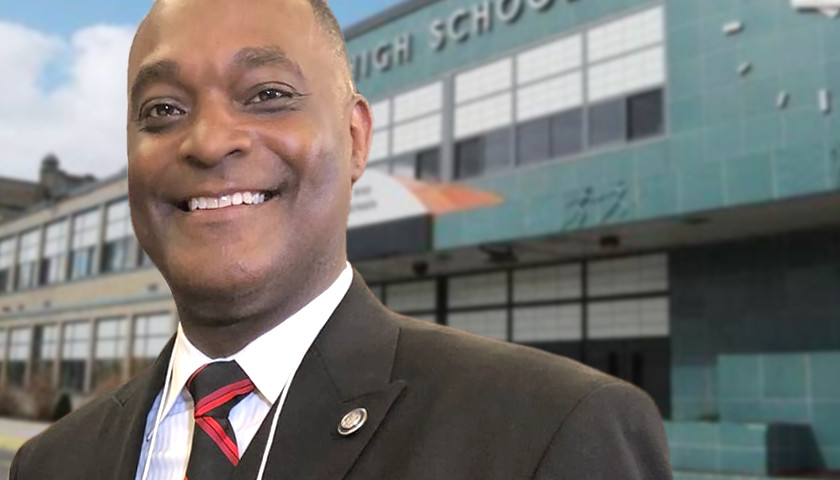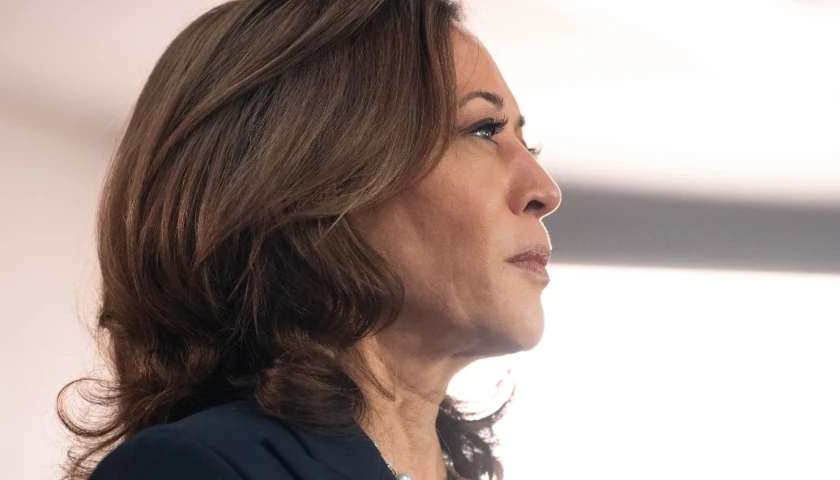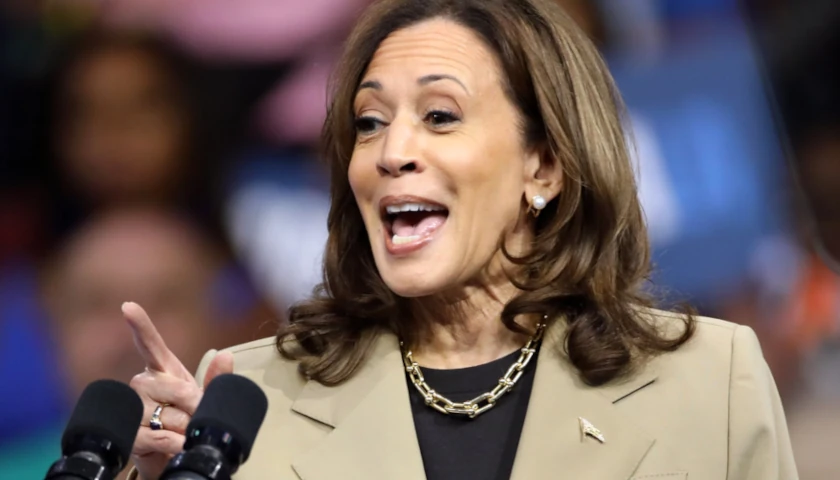by Scott McClallen
The fate of Benton Harbor High School remains unclear after school district officials last week rejected a state plan to improve poor academic performance and pay down the district’s high debt.
The state initially said it had agreed with the school district on a plan to improve the academic performance and reduce its $18 million debt. But school board members, at a meeting last week, said no agreement had ever been reached and voted unanimously to reject it.
At the meeting, residents said they were upset by the state’s proposal because it included the possibility of shutting down the high school.
“This community will not and does not support any tentative plan with a shutdown on the table,” Mayor Marcus Muhammad said during the meeting, according to the Detroit News.
The state’s proposal included:
- Reducing “non-instructional expenditures.”
- Increasing the number of certified teachers and reducing the number of long-term substitute teachers.
- Increasing student growth and proficiency on state and national standardized tests.
- Decreasing the number of “chronically absent” students.
- Requiring school board members to participate in leadership training.
- Raising teacher pay.
- Hiring a qualified superintendent and chief financial officer.
Benton Harbor Area Schools educate about 3,000 students from kindergarten through 12th grade across seven schools, including Benton Harbor High School, according to the district’s website.
Benton Harbor is one of the most impoverished communities in Michigan, with a median household income of $20,157. Statewide, the median income is $52,668. About 48 percent of adults and 68 percent of children live below the federal poverty line.
Benton Harbor’s test scores are among the lowest in the state.
Three percent of Benton Harbor’s third-graders – four of the 127 students – read at grade level for the 2018 state evaluation test, according to state records. The state average was 44 percent. None of the school’s 11th graders were deemed “college-ready” for the last five years, according to test scores. The 2017 high school graduation rate was 66 percent in 2017 compared to Michigan’s overall 81 percent.
Benton Harbor Area Schools began accumulating debt in the 2006-07 school year. Between 2011 and 2018, the district’s cumulative debt grew from $16.4 million to $18 million, the latter equal to two-thirds of its $27.2 million annual budget.
In September 2016, the state of Michigan began working with financially distressed schools to get them back on track or close them and consolidate. But for the next two years, the district failed to publish its annual financial reports.
In 2015, auditors found the Benton Harbor finance team overlooked $2.77 million in expenditures.
In both 2015 and 2016, auditors reported, “The district did not prepare its own financial statements,” adding that they ended up completing them for the district.
In 2018, auditors reported that the district said one school served a certain number of student meals in a single day, more than the number of students enrolled.
Throughout seven years of district overspending, auditors reported numerous examples of officials submitting reimbursement claims for federal grants even though they never incurred those expenses.
The audited financial reports show a school district budgeting process that routinely over-projected enrollment, meaning that spending plans didn’t match actual revenue. Resulting deficits accumulated into the district’s current $18 million debt.
For example, the school administration projected in its 2017-18 annual financial report that the district would lose 120 students in the next fiscal year. The district lost $8,000 per student when 214 students left that year, taking $1.7 million dollars to other schools.
Michigan state law makes school districts – which means the local school boards elected to run them – responsible for “accounting for … public school money.” Another law requires violations to be reported to the Office of the Attorney General for investigation and possible criminal proceedings.
According to audit reports, the school district also continually violated the terms of federal grants, jeopardizing future awards and putting it at risk of having to repay the money.
Gov. Gretchen Whitmer was involved in the discussions regarding the future of the struggling school district and defended the state plan last week, but said she’s open to new ideas to help keep the high school open.
– – –
Scott McClallen is a staff writer at The Center Square.
Photos “Marcus Muhammad” and “Benton Harbor High School” by Mayor Marcus Muhammad.





